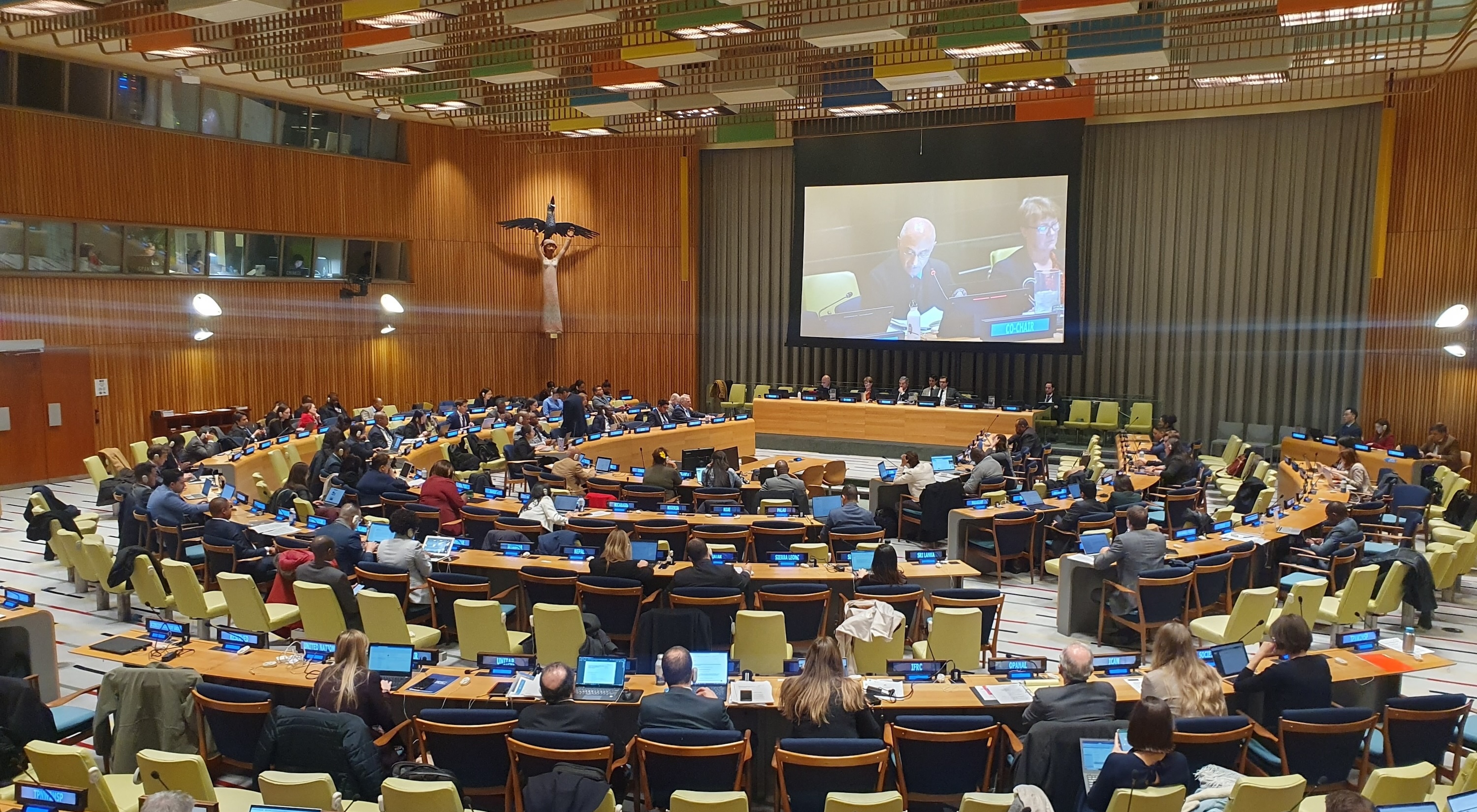The Program on Science and Global Security (SGS), which is marking its 50th year, is pleased to report the award of a two-year $750,000 core support grant by Carnegie Corporation of New York. This new investment will support SGS in using scientific, technical and policy research, education and outreach to advance effective policies for nuclear arms control, nonproliferation, and disarmament, and a safer and more peaceful world free of nuclear weapons.
SGS has received project funding from the Corporation since the 1980s. Thanks to this core support grant from Carnegie, SGS will continue exploring ideas and opportunities to contest the nuclear weapon ideas, policies and processes at work in nuclear-armed states and their allies. The nine nuclear-armed states hold large and in some cases growing nuclear weapon arsenals and in recent years have committed to policies for their modernization, and to the use and threat of use of these weapons. SGS is widely recognized as a significant and critical part of the nuclear weapon policy research and education community in the US and globally. It has provided important technical and policy ideas to support policy reforms to take forward nuclear arms control, nonproliferation, and disarmament since it was founded in 1974 by Frank von Hippel and Harold Feiveson. Since 2016 it has been co-directed by Alexander Glaser and Zia Mian.
Looking ahead, SGS will provide critical independent technical analysis of important elements of current and proposed nuclear weapons policies and programs in the US and other key countries. The aim is to enable more open, informed and balanced policy debates with options more oriented towards arms control, nonproliferation, and disarmament. Current projects include modelling the effects of nuclear weapons testing and use on people and planet, advancing the next generation of non-intrusive verification for arms control and disarmament, and supporting implementation of the UN Treaty on the Prohibition of Nuclear Weapon process.
As a university-based program, SGS is committed to maintaining and strengthening its mission of educating and training a new and more diverse generation of scientists and scholars in nuclear weapon relevant policy analysis and policy engagement. Through its 50 years of research, education and training, SGS has helped create an international network of researchers working in academia, government, international organizations, and NGOs working on nuclear policy around the world. There continues to be a long-term need for technically trained researchers committed to working on developing and advancing new policy ideas for reducing the risks and threats of nuclear weapons within and beyond their national borders.
SGS also is committed to building and sustaining institutions and initiatives for collective action on reforming nuclear weapons policies and charting a path to nuclear disarmament. Its ongoing efforts include:
- Science & Global Security, the leading peer-reviewed technical journal for nuclear arms control, disarmament, and nonproliferation policy. It has been edited and managed by SGS since its launch in 1989
- The International Panel on Fissile Materials, a 16-country group of independent experts established in 2006 to work on policies to end production and use of nuclear weapon materials.
- The Physicists Coalition for Nuclear Threat Reduction, an initiative founded by SGS in 2019 to provide scientists opportunities to learn about and engage with nuclear arms control policy. It now has over 1300 members.
- The Scientific Advisory Group of the Treaty on the Prohibition of Nuclear Weapons. Set up in 2023, this is the first UN treaty mandated international scientific body to advance nuclear disarmament.
- The Princeton School for Science & Global Security. Since 2020, this annual school brings next-generation scientists and engineers from around the world to Princeton to learn about nuclear weapons policy.
